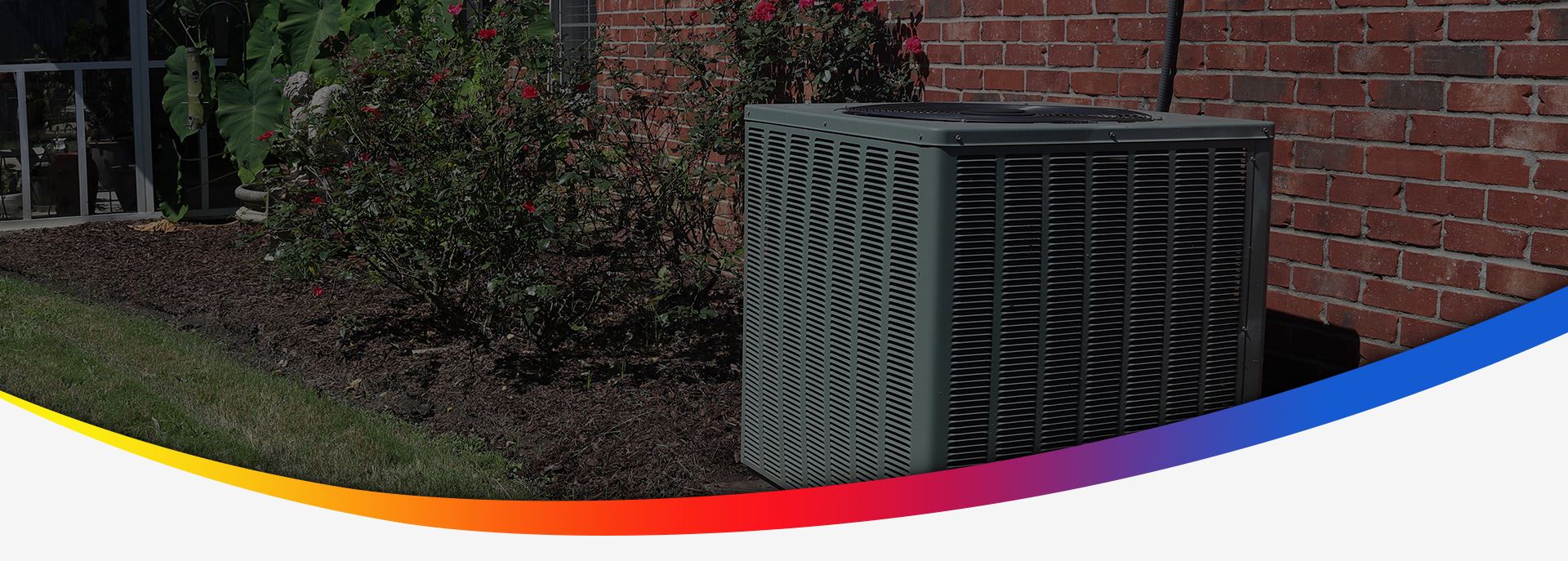Signs of Poor Air Quality
Air quality is an often overlooked portion of home comfort. We focus mainly on temperature but can forget that the quality of our air is just as important. Plus, indoor air can become even more polluted than outdoor air if not treated properly.
Not only does poor air quality cause respiratory problems, but it can make your home less comfortable to live in. Here are some signs that you have poor indoor air quality and that you should take some steps to rectify it.
Increased Allergy Symptoms
Whether you have existing allergies or just occasional flare-ups, poor indoor air quality can make these symptoms even more prevalent. Symptoms may include:
- Coughing
- Sneezing
- Watery/itchy eyes
- Runny nose/congestion
It’s not just particles we can see, like dust, that can set off allergies. Pollen, mold, and other outdoor allergens can cause symptoms as well.
If you have allergies, your symptoms may be exacerbated by the source of poor air quality. You may benefit from an air purifier, whether it be a standalone unit or a whole-home version. Always make sure to consult a doctor before taking any steps to manage allergy symptoms.
Excess Dust Buildup
Dust is unavoidable and can be one of the less-exciting cleaning tasks. But if you’ve noticed that there is a lot of dust piling up — and quickly — it may be the sign of an issue. Often, this stems from either a clogged air filter in your HVAC system or dirty ductwork.
Cleaning or replacing filters is an easy way to maintain healthy indoor air. Not only does changing your filter make your HVAC system more efficient, but it helps remove dust and other larger particles collected from the air.
A whole-home air purifying system is also good at reducing dust and smaller particles from the air.
Extreme Humidity Levels
Humidity is the amount of moisture contained in the air, and too much or too little can be a problem. The ideal humidity level is 30 to 50 percent. In Memphis, we deal with high humidity levels much of the year, which can then transfer into our home environments.
In high humidity (usually experienced in the summer months), the air can be dense and “sticky,” making it harder to breathe, especially for those with respiratory issues. And dry air (usually occurring during the winter) can lead to dry skin, nose bleeds, and other issues. Therefore, keeping humidity in the optimal range is important for your health and comfort.
While air conditioners are built to remove moisture from the air, these are sometimes not enough to produce an ideally humid space. A home dehumidifier is a great tool to use in conjunction with your AC to keep your home comfortable.
You Have Pets
While we love our furry friends, a home with pets is always more susceptible to poor air quality. Pet dander, odors, and particles released during care activities can impact the air we breathe.
You probably know from experience whether you are allergic to cats, dogs, or other animals, and you know whether they are a trigger or not. Pet dander is a major contributor to allergy symptoms but can be relieved with an air purifier. Also, make sure your home has adequate ventilation to alleviate some of the odors that come with having a pet.
The Masters of Indoor Air Quality
Air quality is a crucial aspect of taking care of your home and yourself. For the best solutions to all indoor air quality problems, trust AirMasters Air Conditioning & Heating. Contact us today at (901) 295-4434 to learn more about how we can help you breathe easier at home.

.2108191314550.jpg)